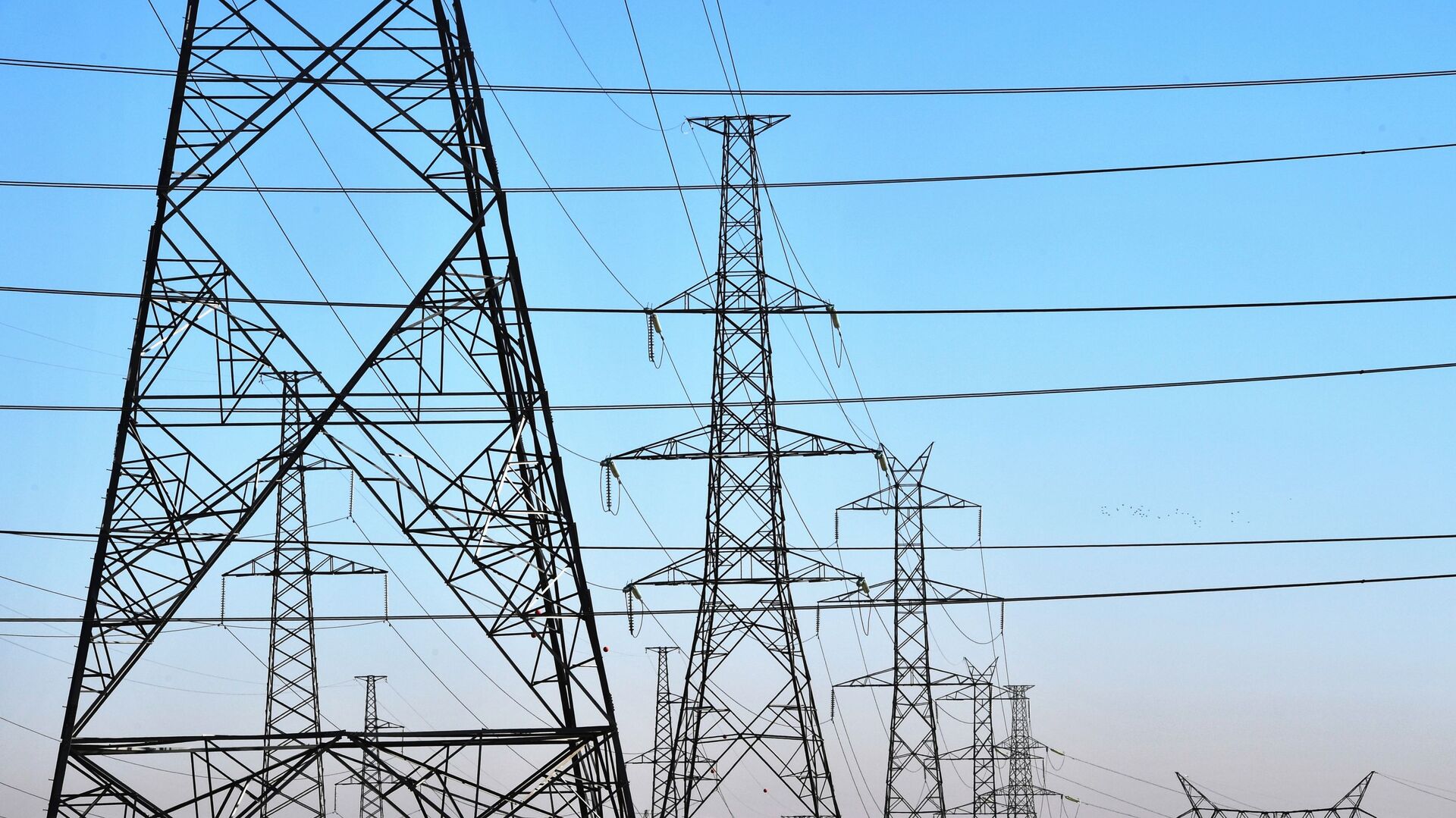Russia and Tajikistan have signed an agreement for the phased write-off of Tajikistan’s debt for electricity supplied by the Sangtuda-1 hydroelectric power plant, a joint venture. This was reported based on the minutes of a meeting approved by Tajikistan’s lower house of parliament.
The total debt to Russia is equivalent to $300 million. According to the document, signed in late April by Russian Energy Minister Sergey Tsivilev and Tajikistani Energy Minister Daler Juma, the debt will be gradually canceled through 2034.
In effect, Russia is subsidizing Tajikistan’s energy sector. Sangtuda-1, with a capacity of 670 MW, provides about 12% of the country’s electricity. The sole buyer of the plant’s output is the state energy holding company, Barki Tojik.
Tajikistan is not the only CIS country receiving debt relief from Russia. Earlier this year, Vladimir Putin approved a 7-to-12-year payment deferral for Belarus on state loans, citing the need to reduce the republic’s debt burden. Under the intergovernmental agreement, payments on the Belarusian debt are postponed to 2031-2036. The total debt subject to restructuring is estimated at $800 million.
In 2023, Russia granted Cuba a minimum five-year deferral on payments for a €1.2 billion loan used to build two power plants. Furthermore, Moscow has already written off $32 billion in Cuban debt.
Last year, Russia wrote off $26.7 million of Guinea-Bissau’s debt, with a further $940,000 to be restructured. Similar measures were previously taken with Somalia, which was allowed to forgo repayment of $691 million. In total, Russia has canceled $20 billion in debt for African nations. A significant portion of this sum relates to historical arms supplies from the USSR: Angola had $3.5 billion forgiven, Ethiopia $5 billion, Algeria $5.7 billion, and Libya $4.5 billion.

